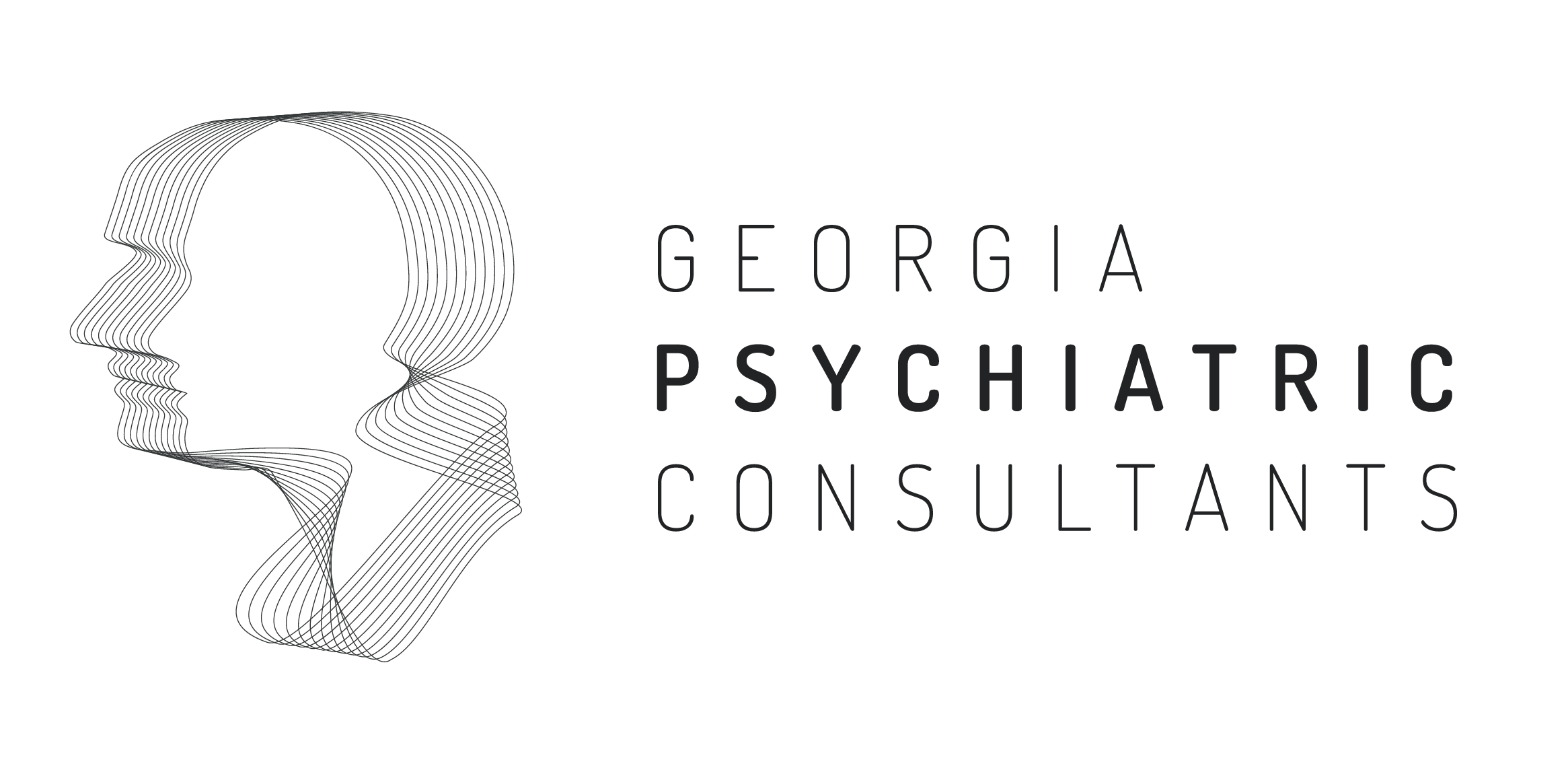
Some common questions and answers about suicide:
Q: How common is suicide in children and teens?
A: In 2009, suicide was the third leading cause of death for young people ages 15–24. In this age group, suicide accounted for 14.4 percent of all deaths in 2009.
While these numbers may make suicide seem common, it is important to realize that suicide and suicidal behavior are not healthy or typical responses to stress.
Q: What are some of the risk factors for suicide?
A: Risk factors vary with age, gender, or ethnic group. They may occur in combination or change over time. Some important risk factors are:
- Depression and other mental disorders
- Substance-abuse disorder (often in combination with other mental disorders)
- Prior suicide attempt
- Family history of suicide
- Family violence including physical or sexual abuse
- Firearms in the home
- Incarceration
- Exposure to suicidal behavior of others, such as family members or peers
However, it is important to note that many people who have these risk factors are not suicidal.
Q: What are signs to look for?
A: The following are some of the signs you might notice in yourself or a friend that may be reason for concern.
- Talking about wanting to die or to kill oneself
- Looking for a way to kill oneself, such as searching online or buying a gun
- Talking about feeling hopeless or having no reason to live
- Talking about feeling trapped or in unbearable pain
- Talking about being a burden to others
- Increasing the use of alcohol or drugs
- Acting anxious or agitated; behaving recklessly
- Sleeping too little or too much
- Withdrawing or feeling isolated
- Showing rage or talking about seeking revenge
- Displaying extreme mood swings.
Seeking help is a sign of strength, if you are concerned, go with your instincts, get help!
Q: What can I do for myself or someone else?
A: If you are concerned, immediate action is very important. Suicide can be prevented and most people who feel suicidal demonstrate warning signs. Recognizing some of these warning signs is the first step in helping yourself or someone you care about.
**If you are in crisis and need help: call this toll-free number, available 24 hours a day, every day 1-800-273-TALK (8255). You will reach the National Suicide Prevention Lifeline, a service available to anyone. You may call for yourself or for someone you care about and all calls are confidential. You can also visit the Lifeline’s website at http://www.suicidepreventionlifeline.org.




